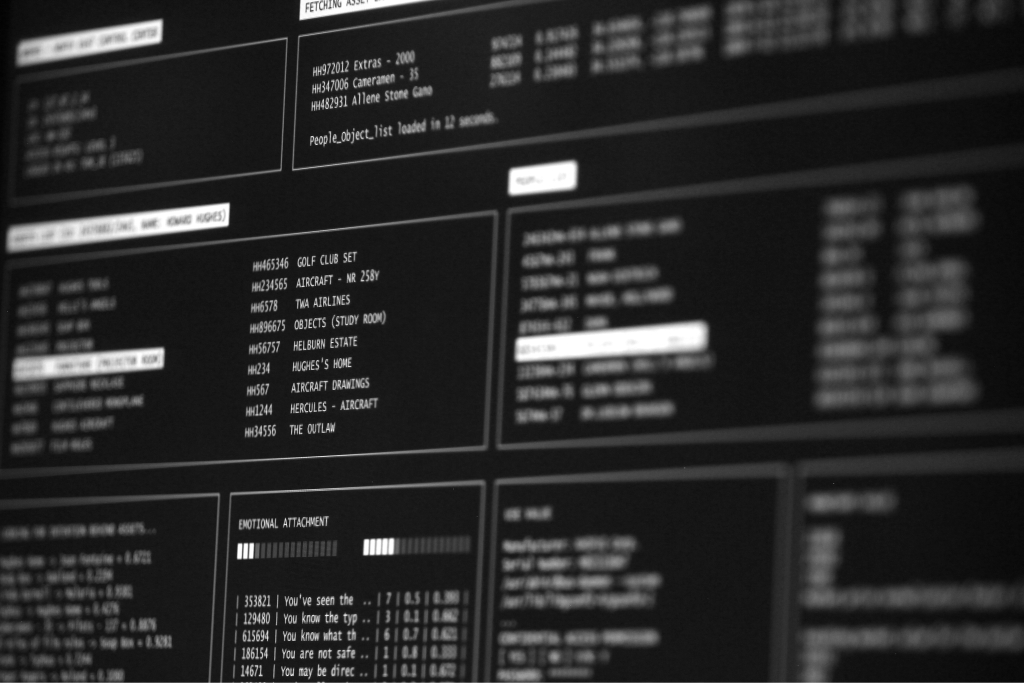Beyond Blood
‘Beyond Blood’ imagines a legal system where algorithms take over the inheritance process during intestacy situations where the deceased has not left a will and the state has to distribute the estates.
In his book Shaping Things, science fiction writer Bruce Sterling predicts that in the near-future every object will be tracked and logged by a computer system. He called these objects SPIMES. This project builds on this theory to suggest that by tracking people and objects over a number of years, computers will be able to infer the significance of an object to a particular individual. It can then designate assets based on different parameters, which can be altered by the policy makers.
The project explores this through an examination of the life and death of Howard Hughes, an American aviator and movie maker who passed in 1976 without leaving a will. Unmarried and without children at the time of his death, Hughes’ US$2.5 billion estate was eventually split in 1983 among 22 cousins whom he had never visited, and never liked.
‘Beyond Blood’ uses the film “Aviator”, which depicts the life of Howard Hughes, to create a fictional computational model for generating a will on Hughes’ behalf. In this alternative history of the life of Howard Hughes, every asset and object is a “spime” that senses human interactions and is tracked and logged by computer systems.
Using the theme of inheritance, ‘Beyond Blood’ aims to question the use of algorithms in emotional and ethical situations. The project also hints at a possible world where objects can tell us more about their relationship with people than the very people involved.

